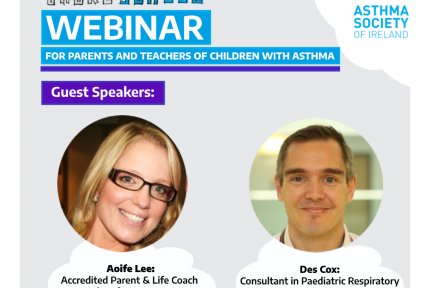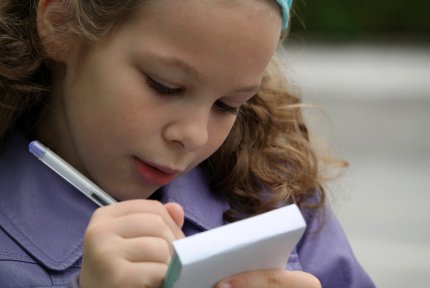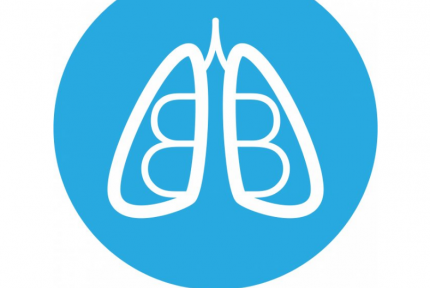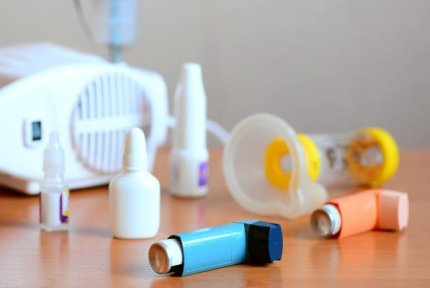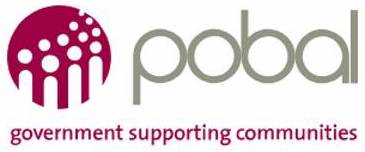As part of our Life Alongside COVID-19 campaign, the Asthma Society has developed resources and guidelines to support parents of children with asthma as they readjust to school life during the COVID-19 pandemic

Back2School Checklist:
Our Back2School Checklist will help support children returning to education and their parents by providing them with the necessary information on staying safe in school in a world where COVID-19 is ever present. Click here to download the checklist.
If you wish to speak to a nurse on how to ensure your child's asthma is properly managed on the return to school, freephone our Asthma and COPD Adviceline on 1800 44 54 64 or message our Beating Breathlessness WhatsApp patient support service on (086) 059 0132.
Back2School Webinar:
For our Back2School Webinar, which featured respiratory paediatric consultant Dr. Des Cox and children and life coach Aoife Lee, discussing children going back to school for the first time since lockdown, click here.
COVID-19 and the Return to School: Frequently Asked Questions
Prepared by CHI @ Tallagh
Should children with asthma return to school in September?
The statement released by the Royal College of Physicians of Ireland (RCPI) in June 2020 advises that, given the current knowledge about COVID-19 illness in children, long-term cocooning of those with complex medical needs is likely to adversely affect them and may outweigh the potential risk of infection. The majority of children with asthma should return to school alongside their classmates.
In the context of the COVID- 19 pandemic, the Public Health Advice is that schools should re-open and manage the risk of spread by:
- Regular hand hygiene
- Planning for the management of physical distancing
- Application of respiratory and cough etiquette; and
- Enhanced environmental hygiene
Does this advice apply to all children with asthma?
COVID-19 is a new illness and there is evidence emerging all the time. Given what we know about it at this time, children with asthma are at no increased risk compared to non asthmatic children. Your child’s GP/ Paediatrician may take a more cautious approach with a very limited number of patients who have severe asthma. Taking this advice on board, together with their knowledge of the precautions in place in the school (to make the environment as safe as possible), parents may need to risk assess themselves and balance risk with rewards.
Are Children with asthma at a higher risk of developing severe complications with COVID-19 infection?
NO, children with asthma are at no greater risk of developing viral infections in general or COVID 19 in particular. However, the commonest trigger of an asthma attack is viral infections which account for up to 90% of the cases. We normally experience an increase in asthma symptoms/flare ups in school children.
It is imperative that all children with asthma adhere to their asthma medications. It is also important to have an Asthma Action Plan updated with your child’s GP/Paediatrician.
What will I do if my child develops a runny nose and cough?
There is an overlap between common viral infections symptoms and the symptoms of COVID-19 infection. It is important to contact your GP if your child develop any symptoms. It is very likely to be a non- COVID 19 viral infection and you may be advised to continue with the asthma management plan. Some authorities believe that the risk from other viral infections this season may be minimal as we are all more adherent to hand hygiene, cough etiquette and social distancing.
Do I need to increase my child’s controller medication (inhaled steroids) during this period?
No. However it is important to have an upto date asthma management plan discussed you’re your GP/ Paediatrician.
What about the Flu vaccine?
Children with asthma (2 years and over) are highly recommended to get their Flu vaccine. It is important to check with your GP once the Flu vaccine is available.
Is it safe for my child to travel on public transport?
Yes. However, given the number of different people your child could come into contact with each day on public transport, and the fact that physical distancing might be difficult, your child should wear a mask, if possible.
Will my child have to wear a mask in class in primary school?
The current Public Health Advice is that it is not practical for many students to wear a mask properly for the duration of the school day.
Will my child have to wear a mask in class in secondary school?
All secondary school students have now been advised to wear face covering to school.
Will my child be allowed to participate in PE classes?
In their document “Returning to School Curriculum Guidance for Primary School Leaders and Teachers” (July 2020) the Department of Education and Skills (DES) have stated that physical education is a central part of pupils’ wellbeing and should form a significant component of timetabled programmes upon returning to school. Emphasis should be on athletics and outdoor physical activity opportunities. Children should be provided with opportunities of a non-contact nature where they can engage individually or in small groups, e.g., in their pods. Children with asthma should always have their reliever inhaler (blue inhaler) with them when they exercise, if asthma is triggered by exercise, take the reliever inhaler approximately 15 minutes before warming up (2 puffs of a Metered Dose Inhaler via spacer or one puff from a Diskus or Turbohaler).
Will my child be allowed to participate in extra-curricular activities?
Many private providers of extra-curricular activities have put procedures and protocols in place to ensure the safety of those attending with a view to minimising the risk of spreading COVID—19. Communicate with the service provider to establish that these are robust. If your child and others attending adhere to the guidelines in place, they should be able to attend most activities.
Is it safe for my child (or his/her siblings) to return to the swimming pool?
The risk of acquiring coronavirus from chlorinated water (swimming pools) or from open water (sea, lakes, rivers) is very low. However, risks as with any sports lie in crowded changing areas with poor ventilation. It is safe to return swimming provided the usual precautions around coronavirus are taken similar to other sports.
Can I get a letter from my respiratory team to confirm that it is safe for my child to go back to school?
COVID-19 is a new illness, and given what we know about it at this time, we are advising that your child can return to school. Such a letter should not be required. Children who are categorised as very high risk should seek advice from GP/ paediatrician. However, the final decision on school attendance must be made by you after considering a number of things, including:
- this advice
- speaking to your school to ascertain the precautions in place to minimise the spread of COVID-19
- weighing up the benefits of school attendance in terms of the progression and development of your child’s education, their social and mental wellbeing, while balancing those benefits against the potential risk of infection.
Further information on returning to school see asthma society Back2School Checklist
* This advice is based on evidence available September 1st, 2020. However, this guidance will be updated if new information becomes available.
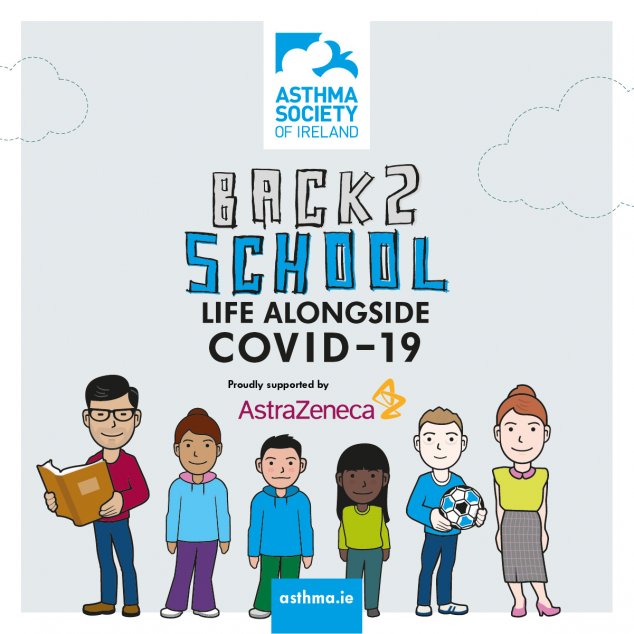
Managing an Asthma Attack in a Child
Asthma and Your Child Booklet
Educational Activities for Kids
Our Services

